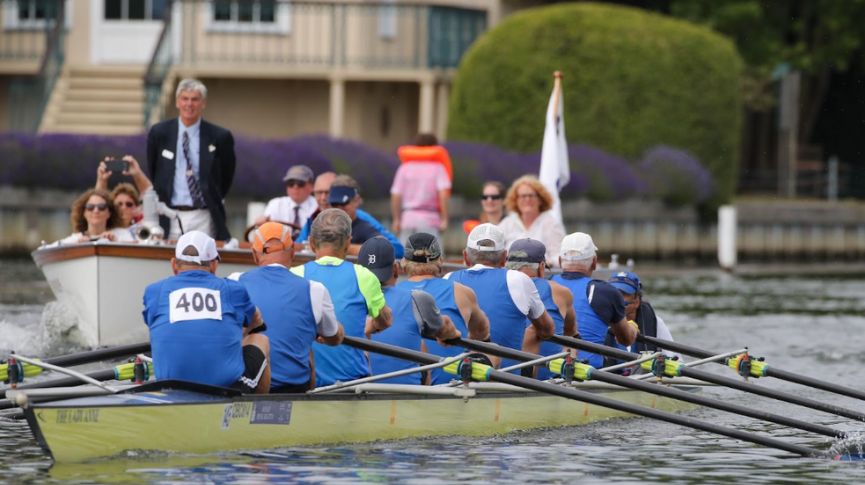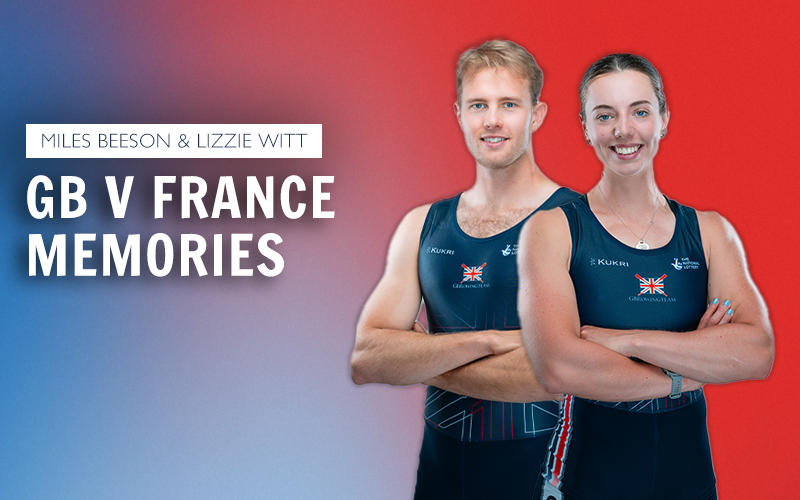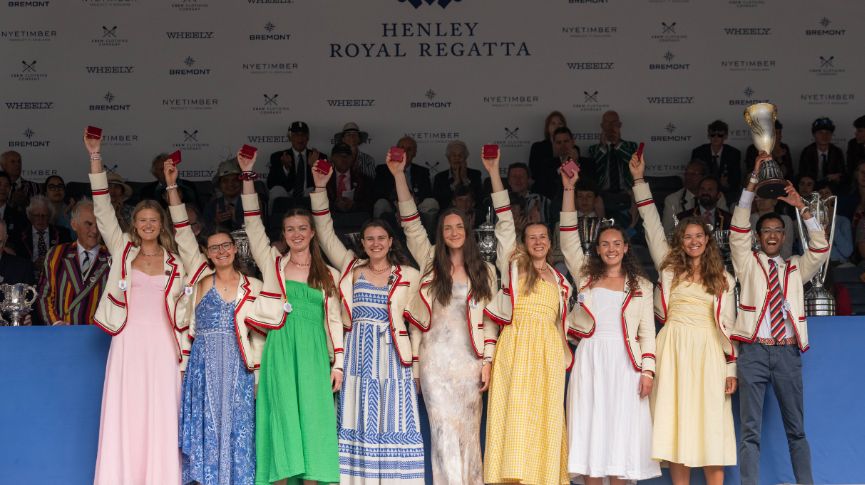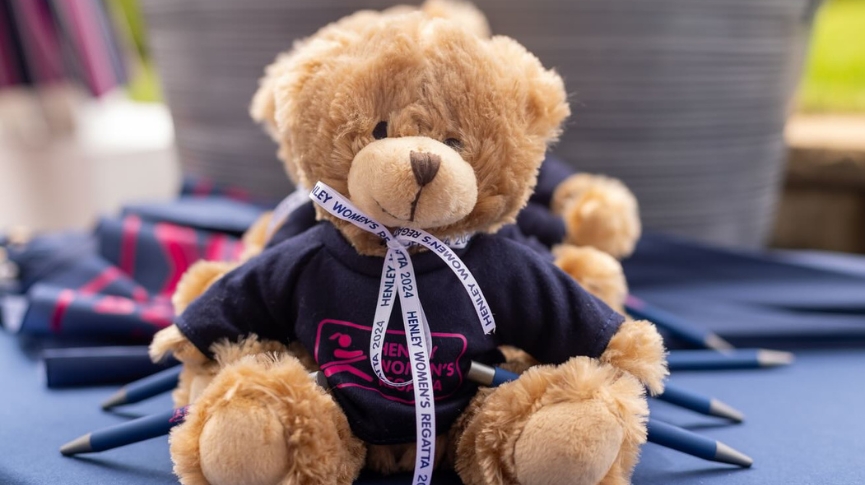Competition Framework mythbusters – wave three
You may have also heard some misconceptions about how this new Personal Ranking Index (PRI) system will work. Here, we set the record straight.
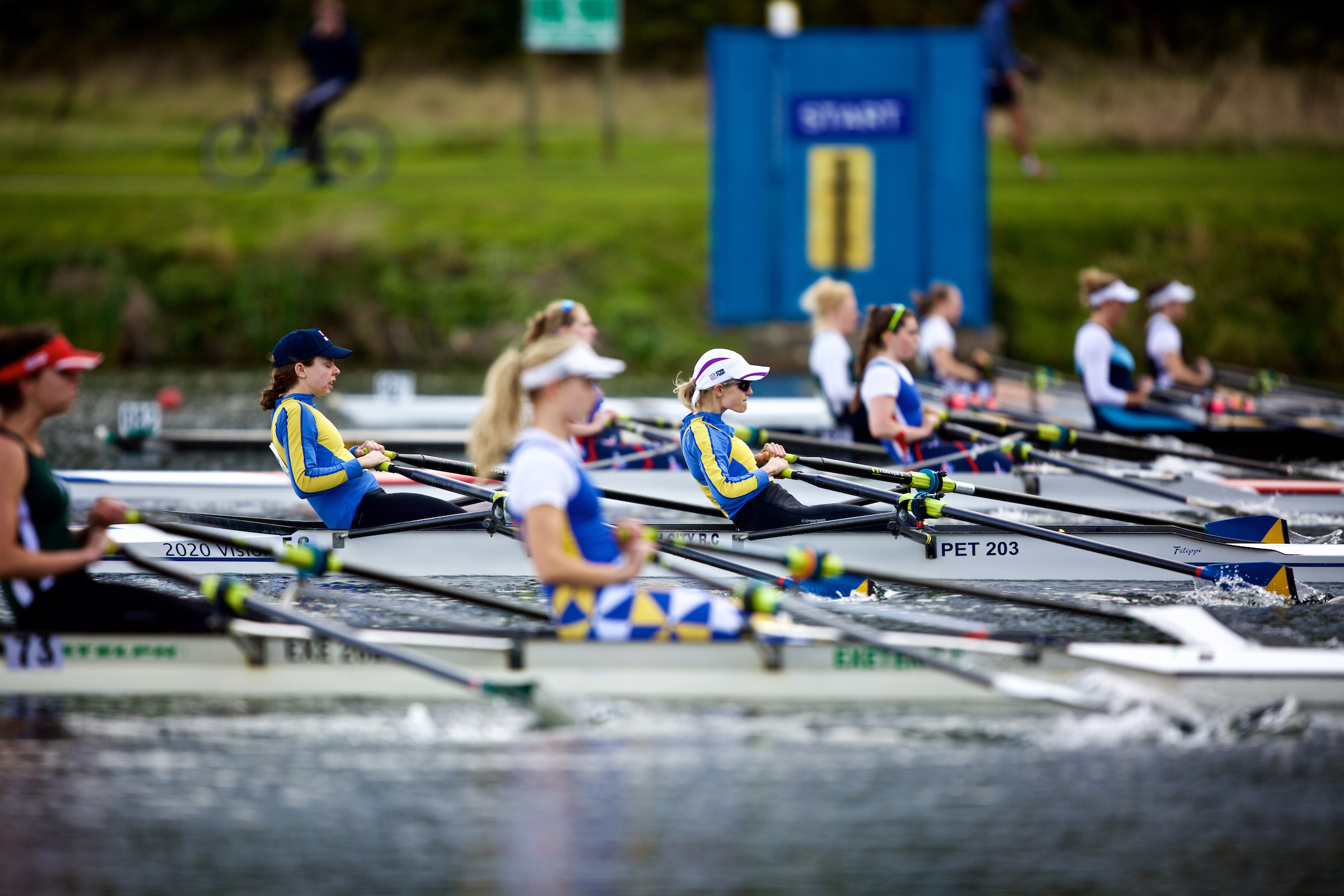
(c) Naomi Baker
As you may have heard, the way that rowers compete in British Rowing competitions is changing. In 2018, the current points system will be replaced with a more contemporary Personal Ranking Index (PRI) system based on your performances in both head races and regattas, with the aim of creating closer, fairer and more exciting races.
You may have also heard some misconceptions about how this new system will work. Here, we set the record straight.
Don’t forget, if you have a question about the new Competition Framework, get in touch by emailing us.
15. “Members of the GB Rowing Team won’t get Ranking Points as most of them don’t race domestically.”
The Competition Framework is for all British Rowing members and everyone, from complete beginners right the way through to the GB Rowing Team, will get a Personal Ranking Index (PRI). Eventually, this means the likes of Vicky Thornley, Moe Sbihi, Will Satch and Kat Copeland will be ranked alongside club, school and university rowers throughout the country. Exciting!
From autumn 2017, Ranking Points will be allocated for the trials that form part of the selection process for the GB Rowing Team. In addition, GB rowers will be allocated Ranking Points for the international competitions they take part in.
16. “There will be no ranking or tiering of regattas and heads, so you could end up getting more Ranking Points for winning at a minor competition with lots of entries than a major competition with fewer entries.”
We’ve included in our new system the ability to apply a Ranking Point ‘multiplier’ to specific competitions, to increase the number of Ranking Points they generate. But initially, all heads and regattas will have equal status and not be seeded or tiered.
We know that certain heads and regattas are historically more prestigious and, in theory, attract a higher standard of competitor but tiering all competitions will be an incredibly complex process and will require an objective, evidence-based approach to get it right.
We will only find out if we need to do this by running the new Competition Framework for a period of time, and by then we will also have the necessary data required to be confident the tiering exercise is fair and accurate.
17. “You won’t get Ranking Points for racing at Henley Royal Regatta.”
Yes you will. Ranking points will be allocated for Henley Royal Regatta, as with other competitions.
18. “The competitions that have piloted the new Competition Framework have been a disaster.”
The experience of competitions piloting the new Competition Framework has been mainly positive and to demonstrate that we’ll be sharing the feedback from organisers over the coming weeks. There have also been a fair amount of issues, which is to be expected during any test phase but, as a result, we’ve been able to take steps to address these and improve the system.
We’ve deliberately worked with different types of competitions, in different locations, with different entry profiles, to iron out as many bugs in the system as possible. Being able to test the new Competition Framework has been hugely valuable, and we really appreciate the support and effort from all competitions involved.
19. “Regatta and head entries have fallen as a result of the new Competition Framework creating uncertainty and confusion in the rowing community.”
Entries to some regattas and heads have gone up this season, while some have gone down. We see this every year, and there are many factors that drive it. What we can say is that the number of crews entering competitions to date in 2017 has increased compared to last year, so we’re reasonably confident there’s no negative sentiment from the Competition Framework affecting the racing scene.
Incidentally, the increase in entries is a trend we’ve seen every year for the last five years, with overall competition entries up 20% since 2012. Rowing is growing, and this is just one of many indicators that the sport is in great shape.
20. “The new version of BROE – imaginatively named BROE2 – is even more complicated to use than the original.”
BROE is the British Rowing Online Entry system. BROE2 is designed to be more intuitive and user-friendly than the previous version, as well as being compatible with iPads and other larger tablet devices. The reports we’ve had back so far from event organisers and entry secretaries has been overwhelmingly positive. Again, we’ll be sharing these comments with your over the coming weeks.
Any feedback we’ve received on BROE2 from users during this test phase has been reviewed by the project group and updates incorporated to the software where appropriate.
Assistance is being provided to all entries secretaries so that no club will be at a disadvantage as a result of the roll-out of BROE2. Online demos are also available on YouTuibe – check them out here.
21. “If the new Competition Framework doesn’t work, we’ll be stuck with it forever.”
We designed the new Competition Framework to be flexible and adaptable, and we fully expect it to evolve and improve as the sport does. There will be teething problems, as there are with all new systems, and we’ll ask you to bear with us as we work through them. But we’re confident that we’re introducing something new for all the right reasons, and that new Competition Framework will deliver fair, close and exciting races for rowers of all ability which is what the rowing community asked us to do.
This is our third wave of Competition Framework mythbusters. If you’ve missed either of the first two, you can check them out here and here.
To be in the know about the new Competition Framework, follow us on Twitter and check out the news section on the website for all the latest updates.


